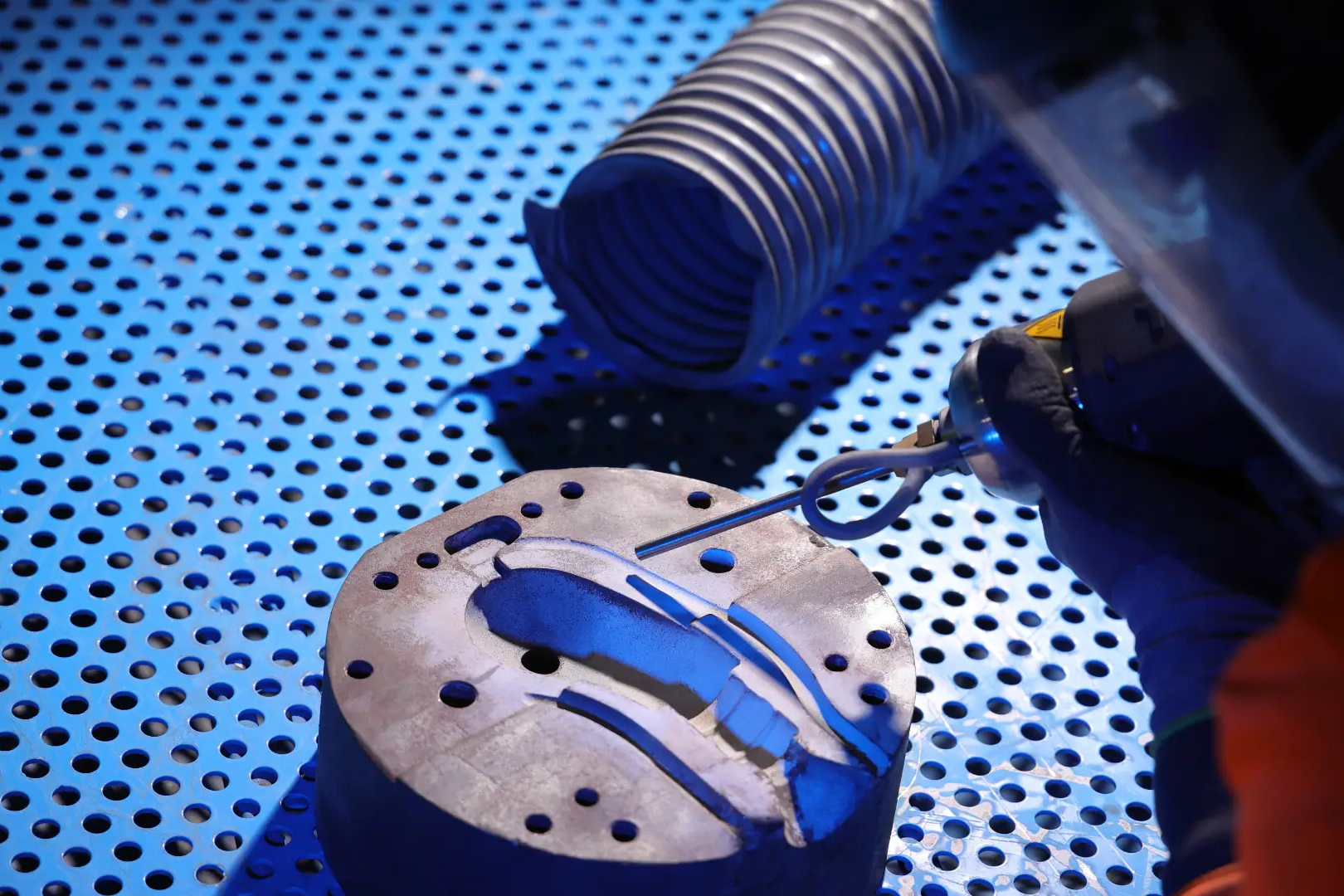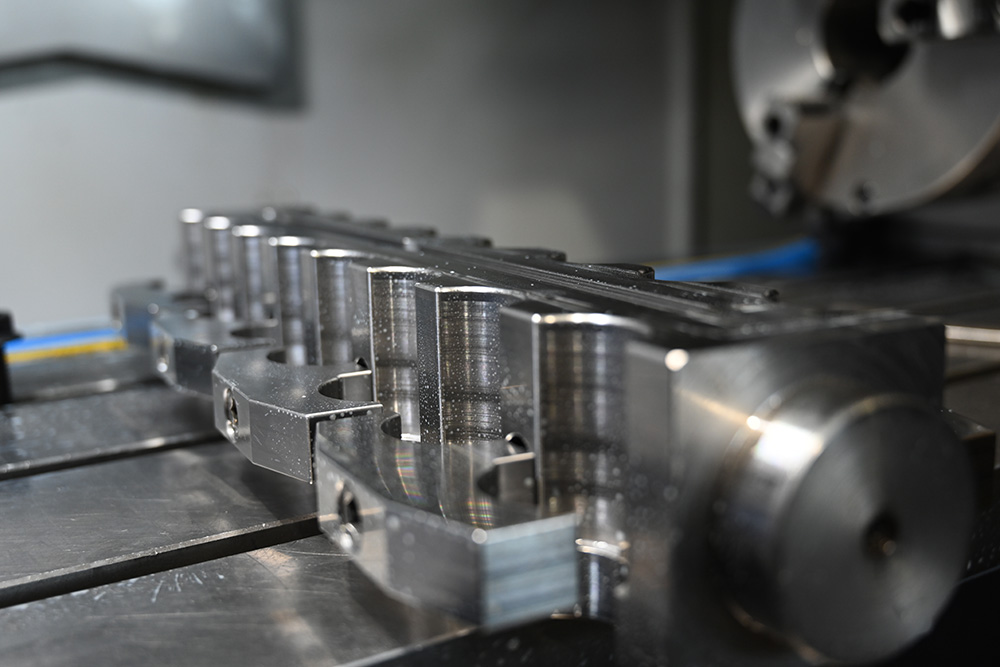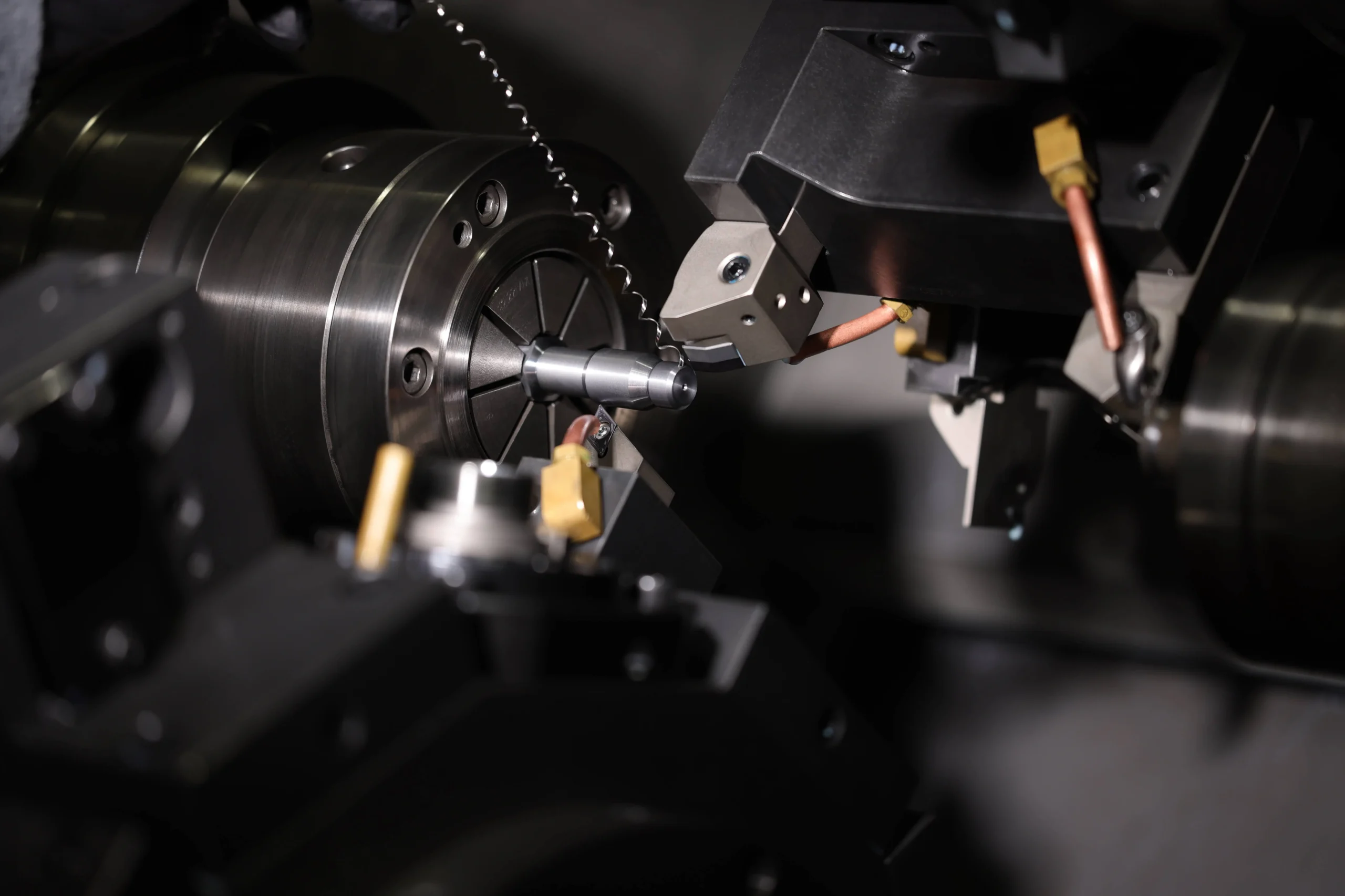Adhering to stringent AS Standards is paramount to ensure product quality, workplace safety, and regulatory compliance. Australian and New Zealand (AS/ANZ) Standards serve as guiding pillars, providing comprehensive frameworks and guidelines tailored to various aspects of manufacturing processes. Let’s delve into the significance of AS/ANZ Manufacturing Standards and explore some key standards that are integral to the manufacturing industry.
Table of Contents
ToggleAS 9100: Enhancing Quality Management in Aerospace Manufacturing
AS 9100 is a pivotal standard that sets forth requirements for quality management systems in the aerospace industry. Developed based on ISO 9001 principles, AS 9100 encompasses additional criteria specific to aerospace manufacturing and services. Compliance with AS 9100 ensures that aerospace manufacturers adhere to rigorous quality management practices, fostering excellence and reliability in aerospace products and services.
AS 4041: Ensuring Integrity in Pressure Piping Systems
AS 4041 delineates guidelines for the design, construction, testing, and inspection of pressure piping systems. With a focus on safety and performance, this standard provides comprehensive specifications for the fabrication and operation of pressure piping across diverse industrial sectors. Adherence to AS 4041 ensures the integrity and reliability of pressure piping systems, safeguarding against potential hazards and ensuring operational efficiency.
AS 1210: Safeguarding Pressure Vessels
AS 1210 is a cornerstone standard governing the design, construction, and testing of pressure vessels. From storage tanks to boilers, AS 1210 outlines stringent requirements to ensure the safe operation of pressure vessels in various applications. By adhering to AS 1210, manufacturers uphold robust engineering principles, mitigating risks and ensuring the integrity of pressure vessel installations.
AS 3992: Certifying Welding Supervisors
AS 3992 outlines requirements for the qualification and certification of welding supervisors. As pivotal figures in welding operations, supervisors play a crucial role in ensuring the quality and integrity of welded components. This standard delineates the competencies, responsibilities, and training requirements for welding supervisors, promoting excellence and professionalism in welding practices.
AS/NZS 1554.1: Setting Standards for Structural Steel Welding
AS/NZS 1554.1 is a definitive standard governing the welding of structural steelwork in buildings and other structures. From welding processes to quality assurance protocols, this standard provides comprehensive guidelines to uphold the structural integrity and safety of welded steel components. Compliance with AS/NZS 1554.1 ensures that welded structures meet stringent quality and performance standards.
AS/NZS 1554.6: Addressing Fatigue Loading in Steel Structures
AS/NZS 1554.6 is a specialised standard focusing on the welding of steel structures subject to high levels of fatigue loading. By providing specific requirements for welding procedures and quality assurance measures, this standard ensures the reliability and durability of welded components in demanding structural applications. Compliance with AS/NZS 1554.6 is essential for maintaining structural integrity and safety in high-stress environments.
AS/NZS 1665: Upholding Quality in Aluminium Structure Welding
AS 4458 provides comprehensive guidelines for the design, installation, and maintenance of industrial gas systems. From gas storage to distribution networks, this standard outlines best practices to ensure the safe and efficient operation of industrial gas systems. Compliance with AS 4458 minimises risks associated with gas handling, promoting workplace safety and regulatory compliance.
AS 4100: Guiding Design of Steel Structures
AS 4100 is a fundamental standard governing the design of steel structures. From buildings to bridges, this standard provides essential guidelines for structural engineers to ensure the safety, reliability, and efficiency of steel structures. By adhering to AS 4100, manufacturers uphold robust engineering principles, delivering structures that meet stringent performance and safety standards.
AS 4037: Ensuring Safety in Pressure Equipment
AS 4037 outlines requirements for the design and construction of pressure equipment, including pressure vessels and boilers. With a focus on safety and reliability, this standard provides comprehensive guidelines for the fabrication, inspection, and testing of pressure equipment. Compliance with AS 4037 safeguards against potential hazards, ensuring the integrity and performance of pressure equipment installations.
The Significance of AS Standards
AS Standards are instrumental in:
- Ensuring product quality, reliability, and safety
- Facilitating compliance with regulatory requirements
- Promoting innovation and best practices in manufacturing processes
- Enhancing industry competitiveness and global market access
For manufacturers striving for excellence and compliance in their operations, adherence to AS/ANZ Manufacturing Standards is indispensable.
AS/ANZ Manufacturing Standards play a pivotal role in upholding quality, safety, and efficiency across diverse manufacturing sectors. From aerospace to pressure equipment, these standards provide indispensable guidelines and best practices to ensure excellence and regulatory compliance. By embracing AS/ANZ Manufacturing Standards, manufacturers demonstrate their commitment to quality, safety, and continuous improvement in their operations. Check ISO Standards Standards Australia
For expert guidance and support in navigating AS/ANZ Manufacturing Standards, contact us today.
Related Posts
June 3, 2024
What is Cold Spray? | Comprehensive Overview
What is cold spray? Cold spray is an advanced coating and additive…
June 2, 2024
17 CNC Machining Materials | Comprehensive Guide
Selecting the right CNC machining materials material is crucial to the success…
June 1, 2024
CNC Machining Tolerances | Comprehensive Guide
CNC machining tolerances are essential for achieving the desired precision and…




